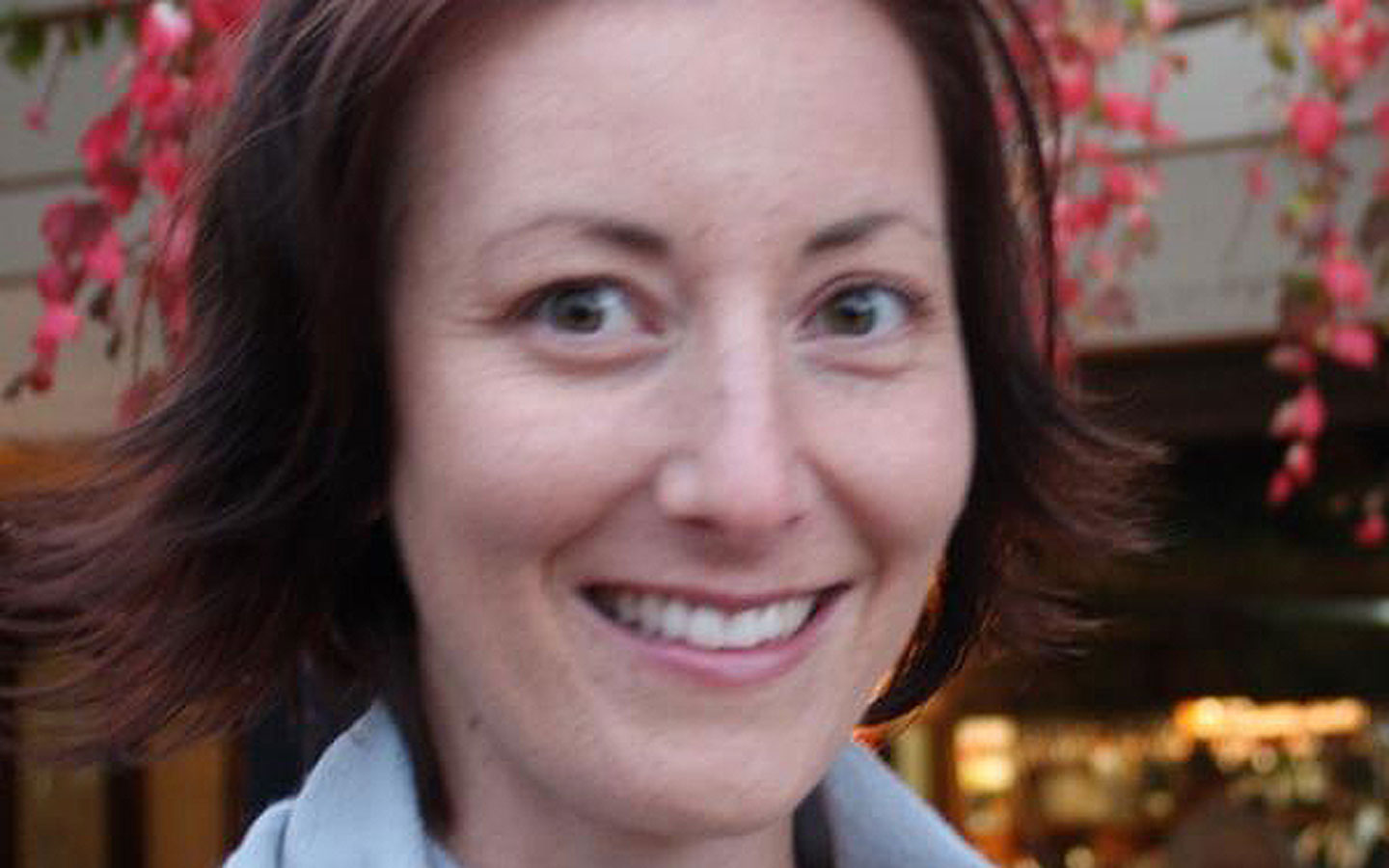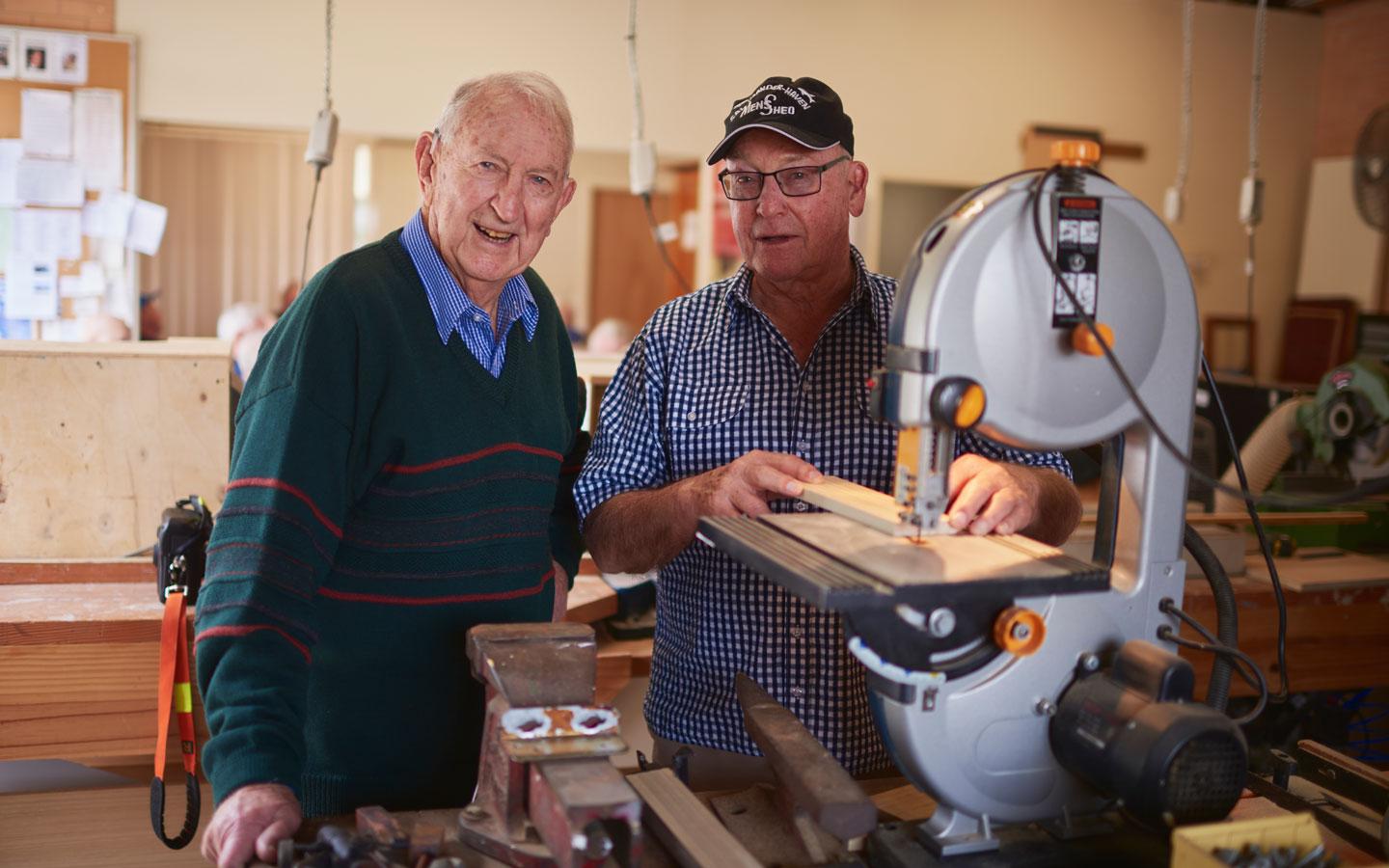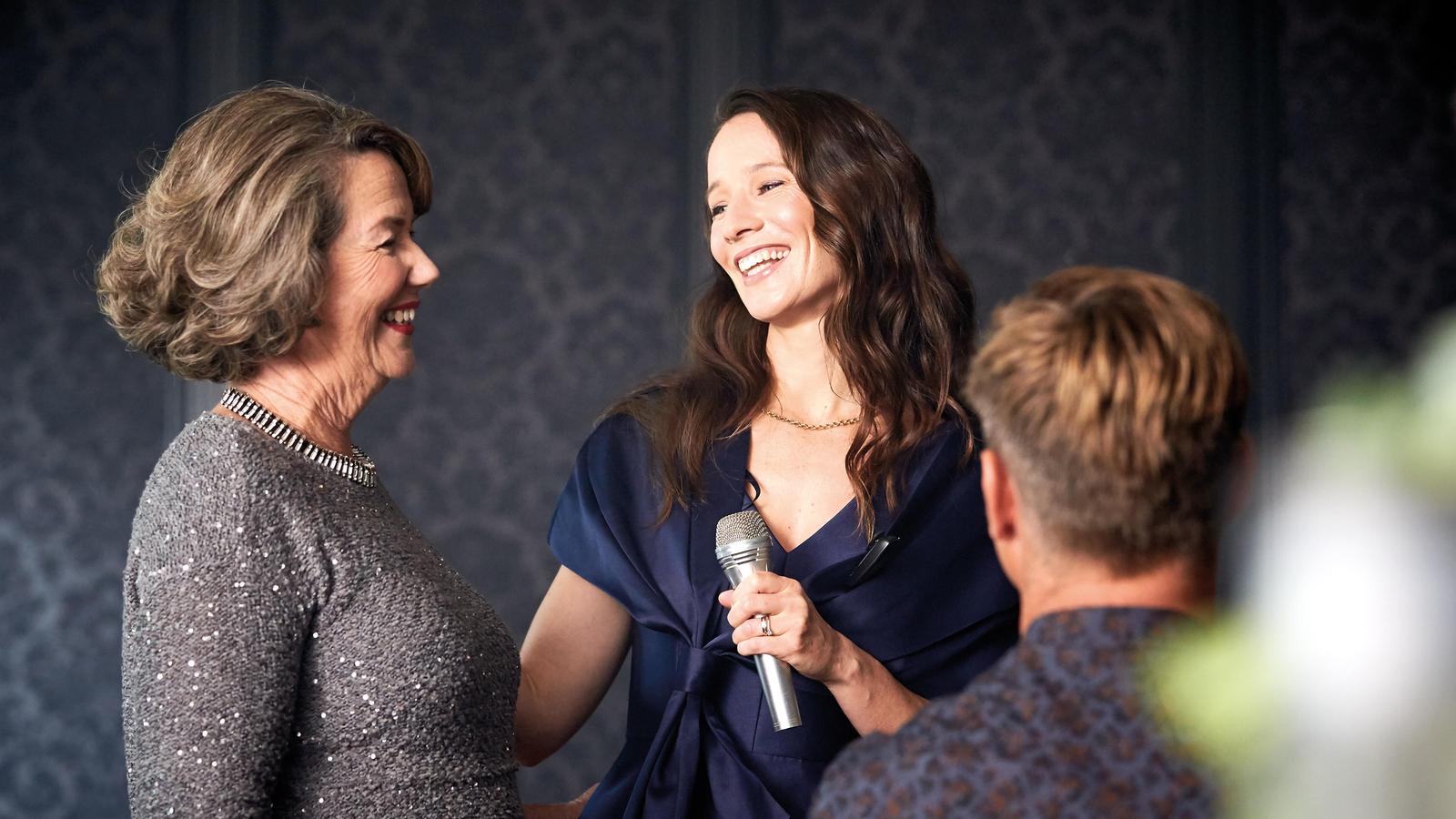Kelly escapes isolation
I grew up fit and healthy and was encouraged to take advantage of all the opportunities available. In 1998 I completed high school and joined the Royal Australian Navy. As far as I was concerned life was just beginning and everything was going to plan.

I grew up fit and healthy and was encouraged to take advantage of all the opportunities available. In 1998 I completed high school and joined the Royal Australian Navy. As far as I was concerned life was just beginning and everything was going to plan.
But it all came unstuck in early 2000 when I had an ear infection. Little did I know this simple infection would change who I was as well as my plans for the future.
To combat the infection I took many courses of antibiotics. My ear drum perforated and I had a constant discharge from my left ear. After being prescribed even more antibiotics I had my first surgery. This seemed to clear things up and the Navy relocated me to Sydney.
Things were looking up, but it didn't last long. The infection reappeared and I became a twenty year old with a grommet. The infection didn't let up. After another operation I suffered from tinnitus and mild hearing loss.
Further surgery and once again two weeks later the infection was back. I wondered what I had done to deserve it. I became depressed, lost my confidence, struggled to concentrate and was always tired. The tinnitus got worse and I couldn't hear on my left side. A new specialist promised to get me well and after that he would treat my tinnitus and hearing loss.
By now the Navy decided a career on the water wasn't a good place for me so I received a medical discharge. Between 2003 and 2005 I was at my lowest. The tinnitus was severe and my hopes and dreams were shattered. I had to concentrate to hear if someone was on my left side. I isolated myself. By avoiding group environments like pubs, clubs and restaurants I saved myself from either embarrassment for saying the wrong thing as I misheard or being thought of as rude for ignoring a question.
But in 2005 the infection returned. Once more I had a mastoidectomy but this time my ear canal was closed. This meant the end to infection but it also destroyed my residual hearing and ensured the tinnitus continued unabated. But I was determined to regain my life.
I learnt a lot about myself; it was no one's fault I became sick and I was not alone. Then one day it was suggested I trial a Baha®. I'd already had so much surgery I was against any more, but wondered what it would be like in my new job if I could hear. Although I promised myself the Baha® wasn't for me because I was doing really well with my career and hadn't felt this good in years, I still made the appointment.
Words can never capture the moment. Even with a Baha® on a headband I could hear so much more than I had for years. I knew it was for me and immediately booked in for surgery.
Three months later I received my Baha® processor. It was instantly amazing. I could even hear soft sounds. I no longer had to worry about missing a conversation or where I was going to sit in a room. My Baha® goes everywhere. I wear it from the moment I get out of the shower till I go to bed. I can hear and I feel normal for the first time in years.
Disclaimer
Please seek advice from your health professional about treatments for hearing loss. Outcomes may vary, and your health professional will advise you about the factors which could affect your outcome. Always follow the directions for use. Not all products are available in all countries. Please contact your local Cochlear representative for product information.
For a full list of Cochlear’s trademarks, please visit our Terms of Use page.
In Australia, Cochlear™ Nucleus® implant systems are intended for the treatment of moderately severe to profound hearing loss.
In Australia, Baha® bone conduction implant systems are intended for the treatment of moderate to profound hearing loss.
In Australia, the Cochlear™ Osia® System is indicated for patients with conductive, mixed hearing loss and single-sided sensorineural deafness (SSD) aged 10 years and above with up to 55 decibels sensorineural hearing loss. Patients should have sufficient bone quality and quantity to support successful implant placement. Surgery is required to use this product. Any surgical procedure carries risk.
For Cochlear™ Nucleus®, Osia® and Baha® systems: This product is not available for purchase by the general public. For information on funding and reimbursement please contact your health care professional.
Any testimonial featured on this website is intended for an Australian audience only.





